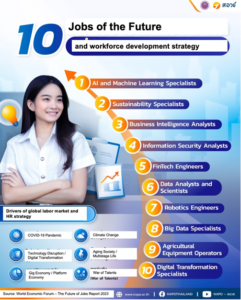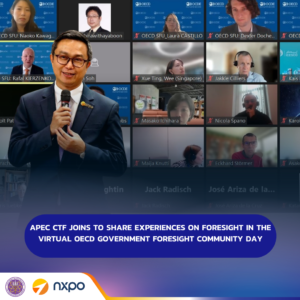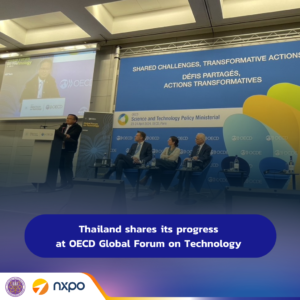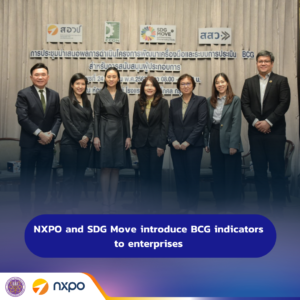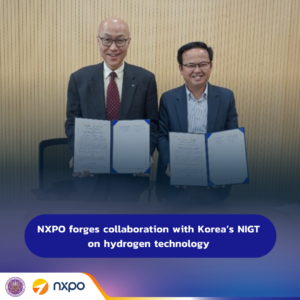On 6 June 2023, NXPO and APEC Center for Technology Foresight (APEC CTF) in collaboration with Kasetsart University Faculty of Engineering hosted the 1st Workshop on Trends and Uncertainties Prioritization using Causal Layered Analysis. The workshop is part of a project to develop future direction for KU Faculty of Engineering using foresight tools. The 1st workshop was designed to envision what the future will be like for KU Faculty of Engineering in 5 to 10 years using causal layered analysis tool. Such information will lead to scenario setting and strategic planning. The workshop was attended by 80 experts, executives from the public and private sectors, association, as well as current and former faculty members and students.

In his welcome remarks, Prof. Dr. Wanchai Yodsudjai, Dean of KU Faculty of Engineering, introduced information of KU Faculty of Engineering and explained the importance of the workshop as the faculty is entering its 84th year anniversary.


At the start of the workshop, Dr. Surachai Sathitkunarat, NXPO Vice President and APEC CTF Executive Director, introduced the project, presented key information collected from the survey conducted on 10 departments of the Faculty of Engineering according to the STEEP (Social, Technological, Economic, Environmental and Political) analysis, and explained the importance of prioritizing trends and uncertainties using causal layered analysis (CLA).

CLA technique was explained in detail by Dr. Srichattra Chaivongvilan, NXPO Senior Policy Specialist. Developed by Prof. Sohail Inayatullah, CLA is a technique used in strategic planning. It consists of four levels: the litany, social causes, discourse/worldview and myth/metaphor.
Key findings arrived at the workshop include organization structure, curriculum, research and innovation, technical services, faculty member and staff, students and identity, as well as trends and uncertainties that will impact the faculty in the next 5 to 10 years. These key findings will serve as an input for building scenario and recommending options, and subsequently developing policy and strategy for the development of KU Faculty of Engineering to meet future challenges.




